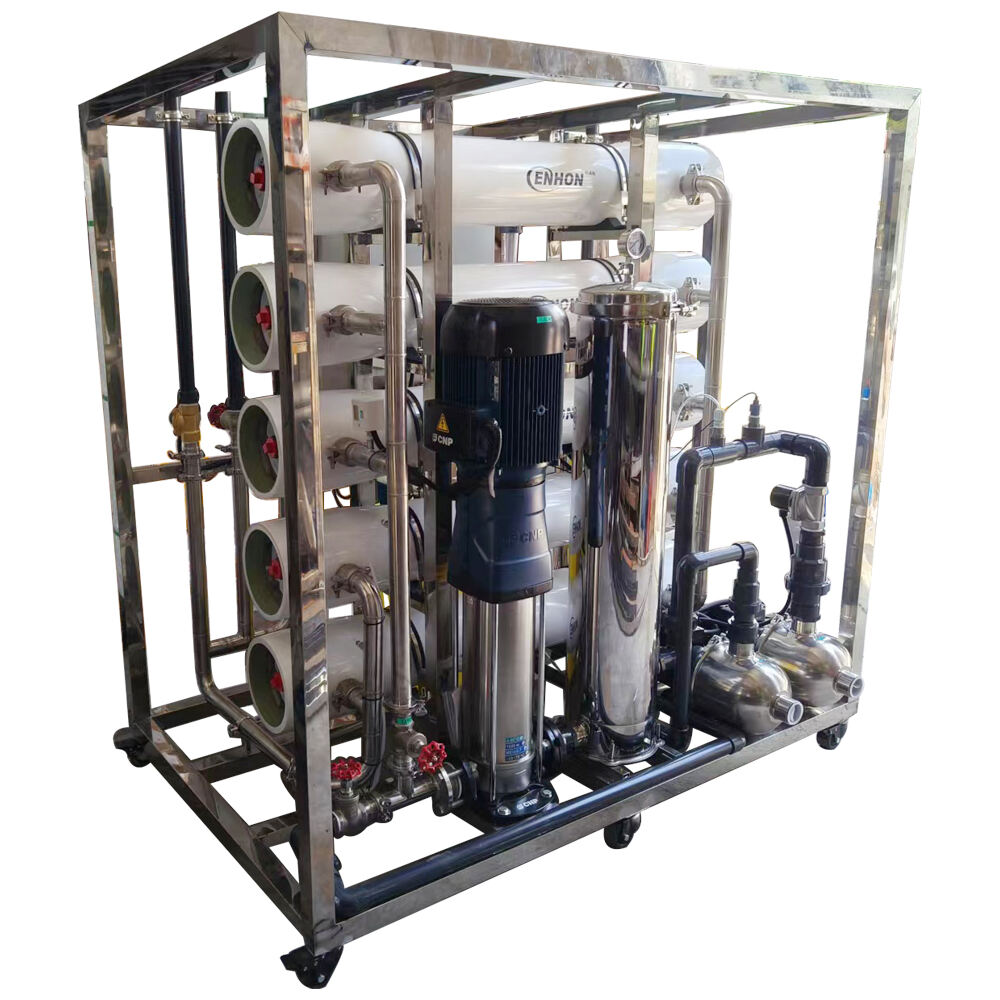As a technology company at Guangzhou Vocee Membrane Technology, we offer high-end Membrane Bioreactor (MBR) technologies to be used in the industrial wastewater management. The MBR technology encompasses both biological treatment and membrane filtration process of a high standard of effluent that can be used again. Some of the important industrial use of our MBR systems are as below.
Food & Beverage Industry
Food and beverage industry produces huge quantity of wastewater that contains a high amount of organic compounds, sugars and fats. MBRs are outstanding in this case since they degrade these organics through the microbial phase along with membrane filtration process that eliminates suspended solids and pathogens. This guarantees that the quality of the treated water would be on very high discharge standards and hence less environmental impact. Existing secondaries are then often capable of producing high quality effluent which has potential to be reused in certain non-potable applications such as cleaning or irrigation, reducing the use of fresh water, which in more water intensive industries such as brewing, dairy processing and fruit juice production is significant.
Pharmaceutical Manufacturing
Manufacturing of pharmaceuticals is a sophisticated chemical practice, which generates used wastewater that has residues of active components, solvents and biological pollutants. The nature of MBRs makes them ideally applicable in the treatment of such pollutants since the biological step involved is capable of decomposing organic species and the membranes (reaching an average pore size of 0.01 microns) are able to capture very fine particles as well as microorganisms. This twofold process makes it compliant with strict regulatory specifications of the discharge of wastewater into the water bodies to preserve the sources against the threat of a possible contamination by the pharmaceutical waste.
Textile & Dyeing Industry
The industry of textile manufactures disposable water that is highly contaminating as it contains dyes, auxiliaries, and organic substances, which are in many cases challenging to overcome by the means of conventional treatment. By employing the use of microorganisms to decompose organic components and holding colorants and suspended solids using the membranes efficiently, this is well addressed with the use of MBRs. This not only aids in achieving stringent limits on discharge with regards to color and chemical oxygen demand (COD) but it also enables water-recycling. Usage of treated water in dyeing or in washing lowers the demand amount of water taken up by the industry and excludes excess quantity of wastes water that are discharged into the environment.
Landfill Leachate Treatment
The ammonia, heavy metals and organic matter pollutants presence in land fill leachate is very high. MBRs have been used to treat this tricky wastewater (typically with good results), with the effluent meeting the environmental requirements. They are particularly efficient in terms of space in case there is less space available in a landfill site.
Chemical Processing Plants
Chemical industries generate wastewater containing both organic and inorganic pollutants, among which there are toxic or recalcitrant ones. The effectiveness of MBRs is that it incorporates biological treatment (which has the capacity to break down various organic chemicals) and membrane filtration to eliminate heavy metals and other traces of contaminants. This makes the treated water to be safe to discharge or be used in cooling systems to minimize the environmental impact and its associated costs incurred by the industry in buying fresh water.
To conclude, MBRs are essential in various industries and provide customized waste-water treatment solutions and reuse. They also have the capacity to accommodate various pollutants in the same time maintaining the good level of water quality making them a key technology to have in a sustainable industry.

